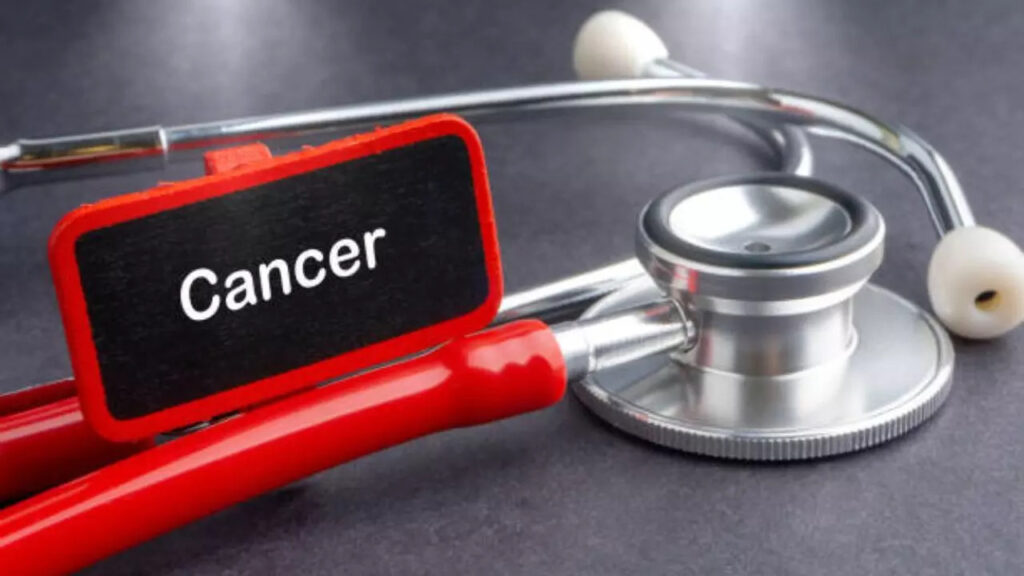A large new study from Finland suggests that people with good jobs have a higher genetic risk of cancer, especially breast and prostate cancer. The findings call into question the long-held belief that people living in poverty have higher cancer rates. Read on to find out more.
Breast and prostate cancer are among the most common cancers among women and men.
A new study has found that people with good jobs have a higher genetic risk of certain cancers, especially breast and prostate cancer. The Finnish study calls into question the long-held belief that poor people have higher cancer rates.
The study used genetic, health and socioeconomic information, including educational attainment and occupation, from more than 280,000 adults aged 35 and over to assess the risk of 19 life-threatening and fatal diseases. The researchers collected data from the Finnish Genome Project, which analyzed biobank and national registry records.
Less educated people have a higher genetic predisposition to developing rheumatoid arthritis, lung cancer, depression, alcoholism and type 2 diabetes, while healthy, more educated people have a higher risk of developing breast and prostate cancer, according to a study presented at the European Society of Human Genetics' annual conference.
Breast and prostate cancers are among the most common cancers in both men and women. Worldwide, breast and prostate cancers are responsible for 670,000 deaths, with roughly half of these occurring in women with no specific risk factors other than age and gender. Statistics show that approximately 0.5 to 1 percent of breast cancer cases also occur in men.
Prostate cancer is also the second most common cancer diagnosis overall and the most commonly diagnosed among men, accounting for 7.3% of all cancers worldwide.
It's genetic, not lifestyle.
The study focused on genetic factors as well as lifestyle and environmental factors, according to the analysis. Researchers have long argued that low-income people bear an unequal cancer burden because they are more likely to be uninsured and have limited access to prevention, screening and treatment services.
Dr. Fiona Hagenbeek said her research highlights a link between socioeconomic status, genetics and cancer incidence, but has not formally investigated it. She said people with more assets have better access to healthcare, including getting screened, and are more aware, making them less likely to engage in risky behaviours such as smoking and alcohol abuse. “The higher cancer incidence in people with higher socioeconomic status may reflect that these people are not dying from other causes at a younger age and are reaching an age where they develop cancer,” Dr. Hagenbeek told the New York Post.
Other experts believe awareness and testing are key to the study's findings.
The American Cancer Society predicts that more than 310,000 women will be diagnosed with invasive breast cancer and more than 300,000 new cases of prostate cancer in the United States this year, and studies show that many cancer cases, including tens of thousands of new cases of breast cancer each year, are likely preventable through lifestyle changes.
Experts recommend maintaining a healthy weight and limiting alcohol consumption. Screening can also help detect cancer at an early stage when it's easier to treat. Doctors recommend that men ages 55-69 be screened for prostate cancer with a prostate-specific antigen blood test.

